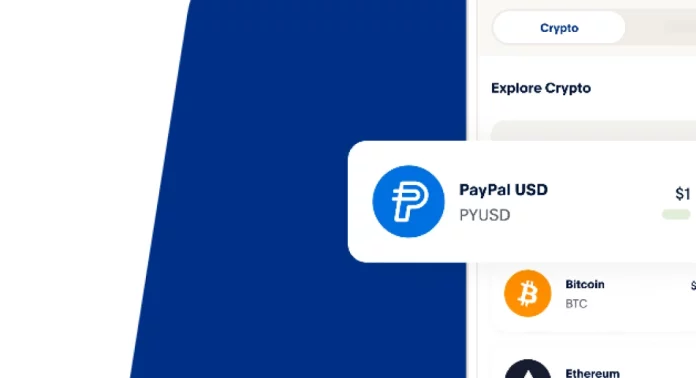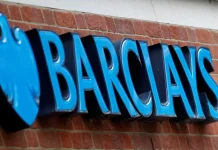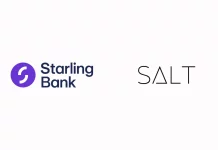Payment giant PayPal has recently found itself in the crosshairs of the US Securities and Exchange Commission (SEC). The regulatory authority issued a subpoena to PayPal, requesting documentation related to its recently launched stablecoin, PayPal USD (PYUSD).
In a quarterly earnings report, PayPal acknowledged the receipt of a subpoena from the SEC’s Division of Enforcement, which was received on November 1, 2023. While the report mentioned the subpoena’s existence, it did not elaborate on the specifics of the SEC’s request. However, it did clarify that PayPal is fully cooperating with the SEC in response to this request.
The launch of PayPal’s PYUSD stablecoin marked the company’s foray into the world of digital assets, a venture that has not been without regulatory scrutiny. This development follows in the footsteps of Facebook’s Libra project, which faced significant resistance from regulators worldwide, leading to a major restructuring before rebranding as Diem.
PayPal’s PYUSD, in contrast, successfully navigated regulatory hurdles to bring a new stablecoin to the market. The stablecoin is issued in partnership with Paxos and is fully backed by US dollar deposits, short-term US treasuries, and similar cash equivalents. The launch allowed PayPal users to engage in a range of cryptocurrency-related activities, such as transferring the token to external wallets, making peer-to-peer (P2P) payments, funding purchases at merchants supporting PayPal, and seamlessly converting their cryptocurrency holdings to and from the stablecoin.
The regulatory landscape for stablecoins in the United States has been a subject of increased attention and debate. Regulators are keen to ensure that these digital assets meet the necessary requirements for transparency, security, and compliance with existing financial regulations. As such, PayPal’s issuance of PYUSD naturally attracted regulatory scrutiny.
Stablecoins are a class of cryptocurrencies designed to maintain a stable value by pegging them to an underlying reserve of assets, typically traditional fiat currencies. They are often used as a bridge between the world of cryptocurrencies and traditional financial systems due to their price stability.
The SEC’s subpoena to PayPal indicates the regulatory body’s interest in examining how the payment giant’s stablecoin operates, how it is managed, and how it complies with existing financial regulations.
Stablecoins, including PayPal’s PYUSD, have become increasingly popular for various use cases, such as facilitating international money transfers, supporting decentralized finance (DeFi) applications, and serving as a store of value in the digital realm. Consequently, regulators are carefully assessing their impact and potential risks to the broader financial system.
While PayPal’s PYUSD has successfully navigated regulatory hurdles thus far, the SEC’s inquiry underscores the importance of regulatory compliance for companies operating in the rapidly evolving cryptocurrency space. The SEC’s mandate is to protect investors and maintain the integrity of the US financial markets, and this subpoena is part of its efforts to fulfill that responsibility.
This development highlights the broader challenges faced by cryptocurrency companies as they seek to balance innovation and regulatory compliance. The ongoing evolution of the regulatory landscape will play a pivotal role in shaping the future of stablecoins and digital assets.
As the cryptocurrency industry continues to mature, regulators are expected to issue guidelines and regulations that provide clarity for market participants. These regulations are intended to promote responsible innovation while mitigating potential risks associated with digital assets.
In the case of PayPal and its PYUSD stablecoin, the company’s cooperation with the SEC demonstrates its commitment to working within the bounds of the law and addressing regulatory inquiries promptly. As the cryptocurrency space continues to evolve, market participants are likely to encounter an increasingly robust regulatory framework designed to foster responsible innovation and ensure the protection of investors and the broader financial system.









